DROWSY DRIVING
Despite the tendency of society to give sleep less priority than other activities, the truth is we need 7 & 9 hours sleep per day to maintain proper alertness. The loss of one night’s sleep can lead to extreme short-term sleepiness, while habitually restricting sleep by one or two hours a night can lead to chronic sleepiness.
Sleepiness Impairs Performance
Slower reaction time, judgment and vision; problems with information processing and short term memory; decreased vigilance and motivation; increased moodiness and aggressive behavior; impairs our driving as significantly as driving drunk. In fact studies have shown that being awake for 18 hours produces the same effects as being legally drunk. The net result is that a sleepy driver has an increased risk of crashing.
Drowsy-Driving Crashes
While there are no tests that are performed at the crash site to measure sleepiness, there are signs that falling asleep at the wheel was the cause. Most crashes or near misses occur between 4:00 – 6:00 am; midnight -2:00 am; and 2:00 – 4:00 pm.
Fall-asleep crashes are likely to be more serious, they often involve only a single vehicle leaving the roadway, occur on high-speed roads, with no indications that the driver made an attempt to avoid the crash and the driver is often alone in the vehicle.
Before you drive, consider:
• Are you sleep-deprived or fatigued (6 hours of sleep or less triples your risk)?
• Suffering from sleep loss, poor quality sleep, or a sleep debt?
• Are you taking proper rest breaks?
• Taking sedating medications?
• Have you consumed even a small amount of alcohol?
• Working more than 60 hours per week (increases your risk by 40%)?
• Working more than one job or working shift work?
• Driving alone?
Preventing Drowsy Driving
Depressingly, studies have found that many popular methods to stay awake are ineffective, including opening the window, turning on the air conditioning, blasting the radio or even trying to remember the name of a good Rob Schneider movie. What has been found effective is pulling over and taking a 20+ minute nap. Also, for a short term boost, 2 or more cups of peculated coffee can provide enough caffeine to temporarily improve alertness.
Kim Philpott
President,
Staebler Insurance


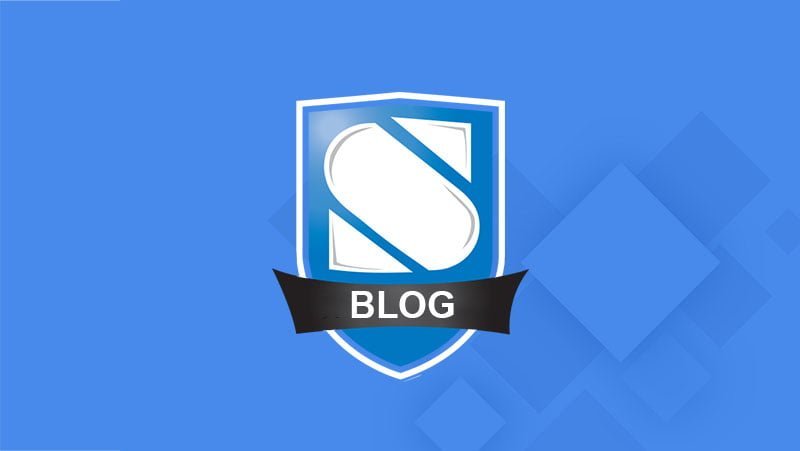

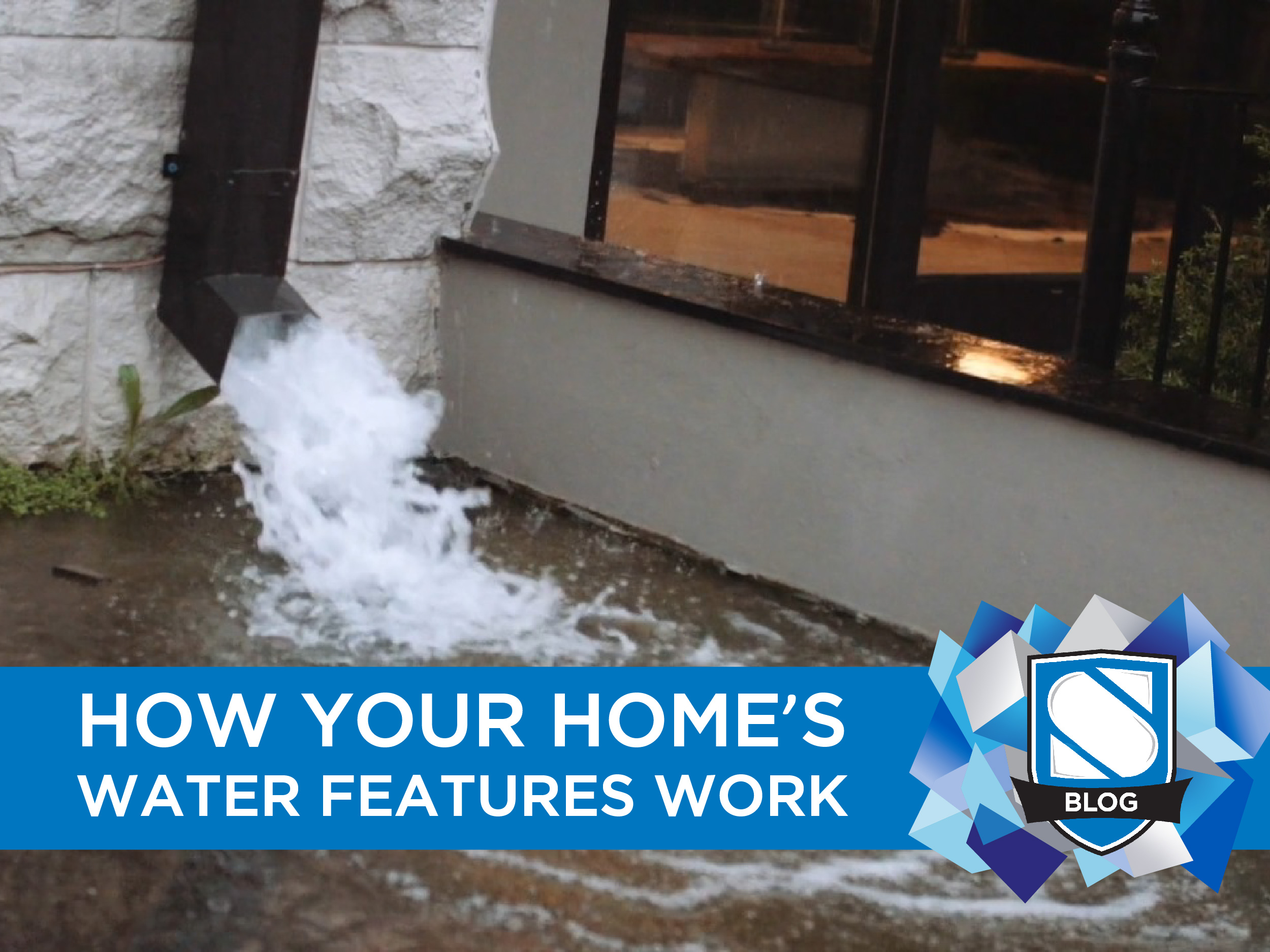

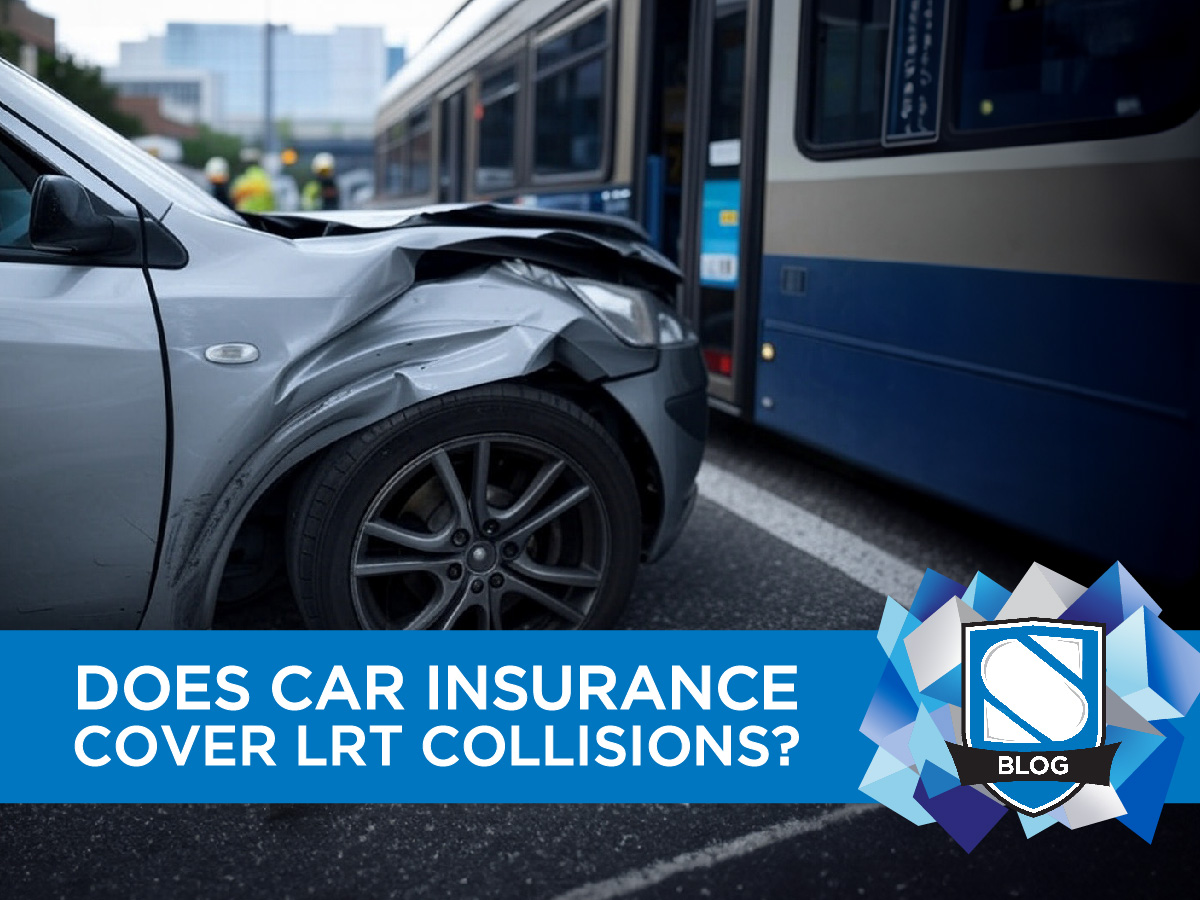

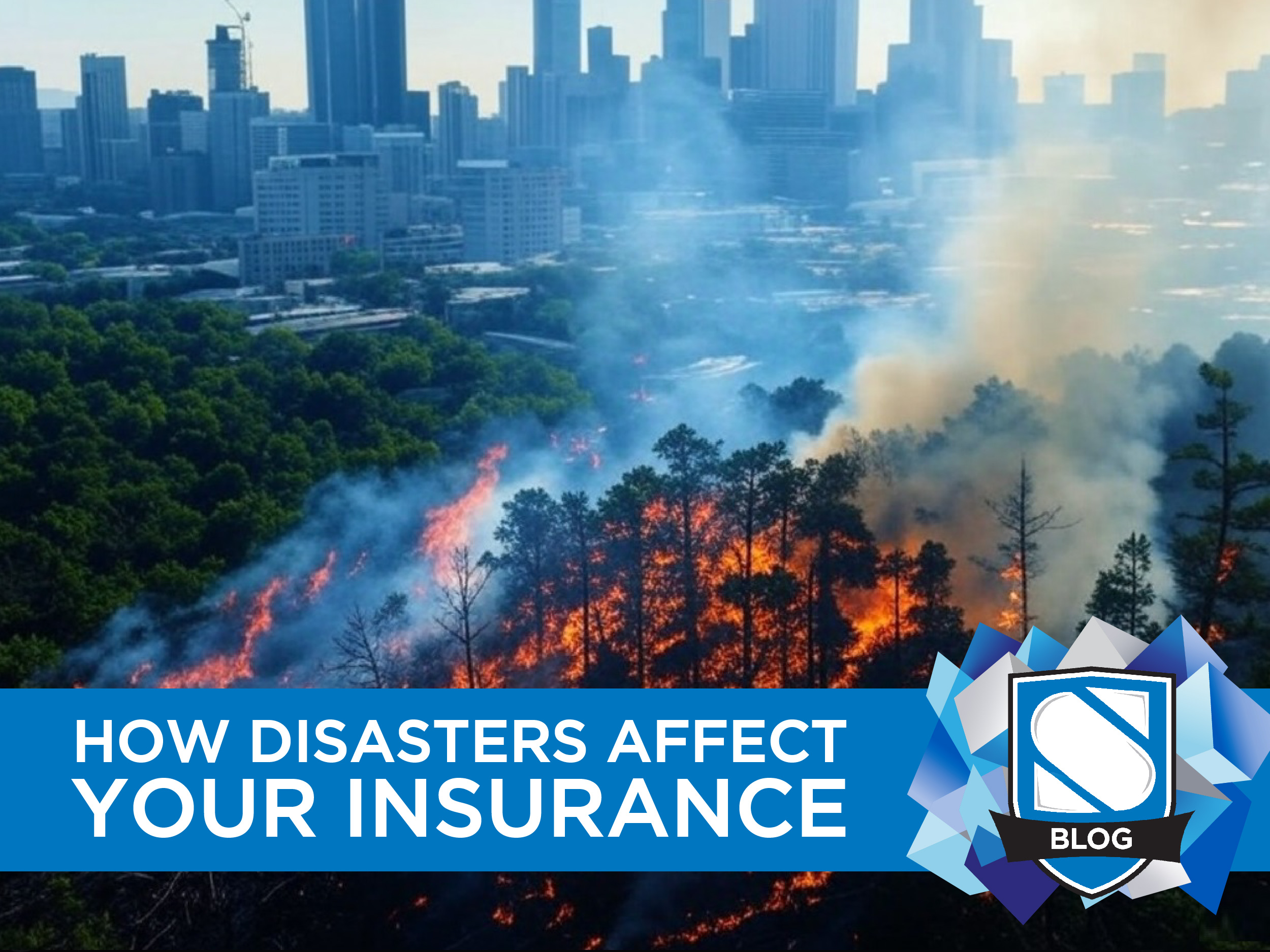
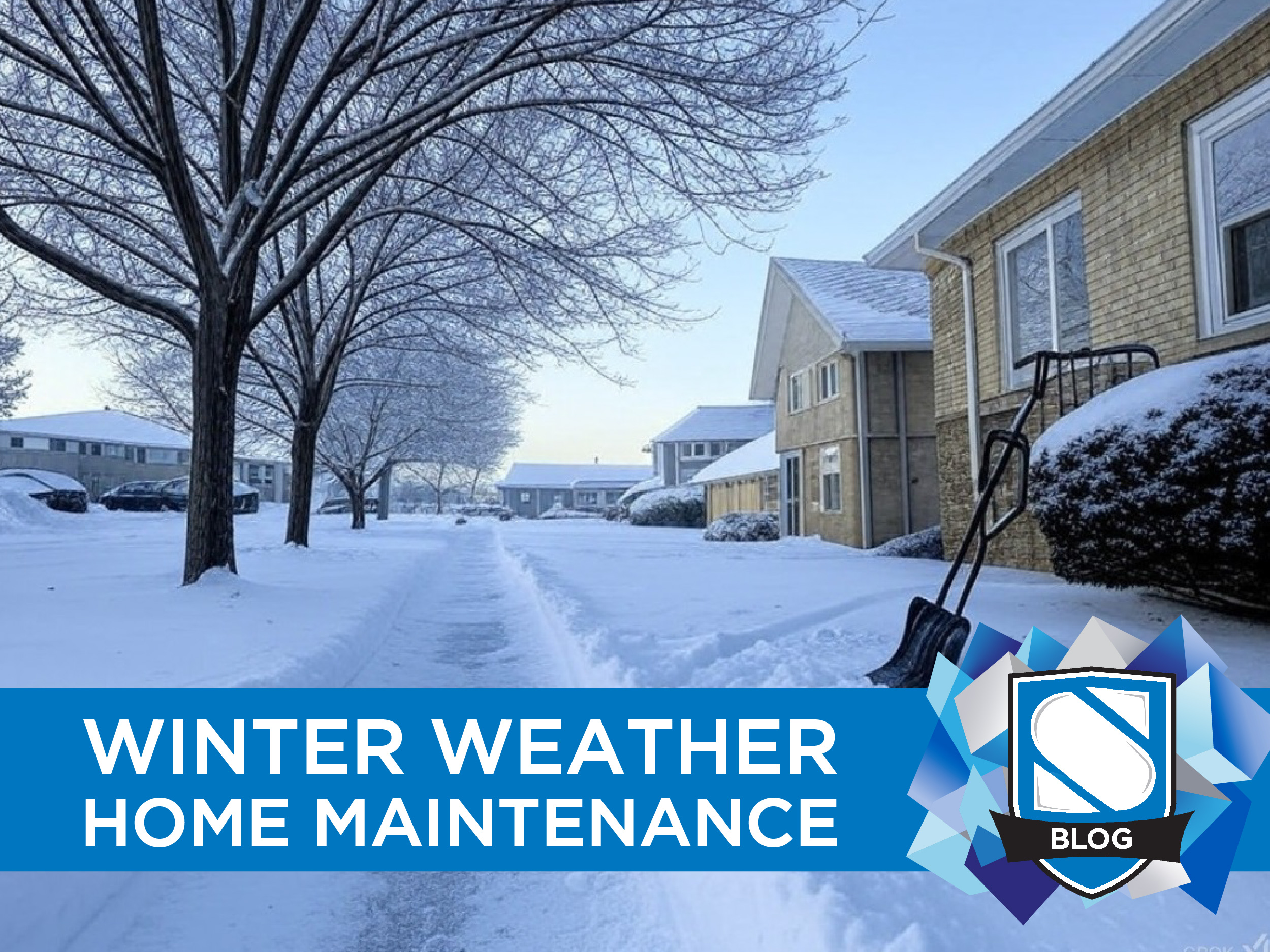
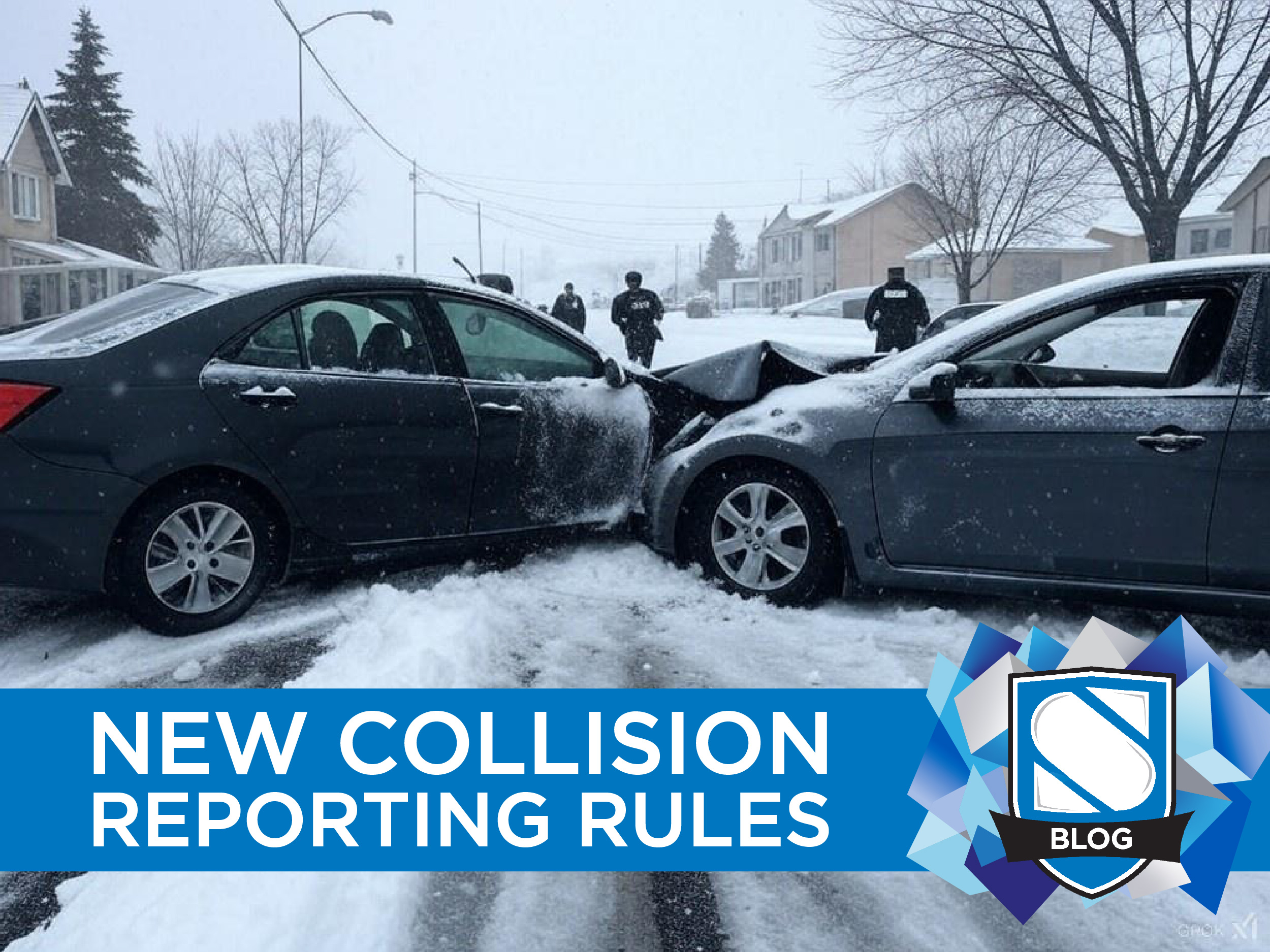

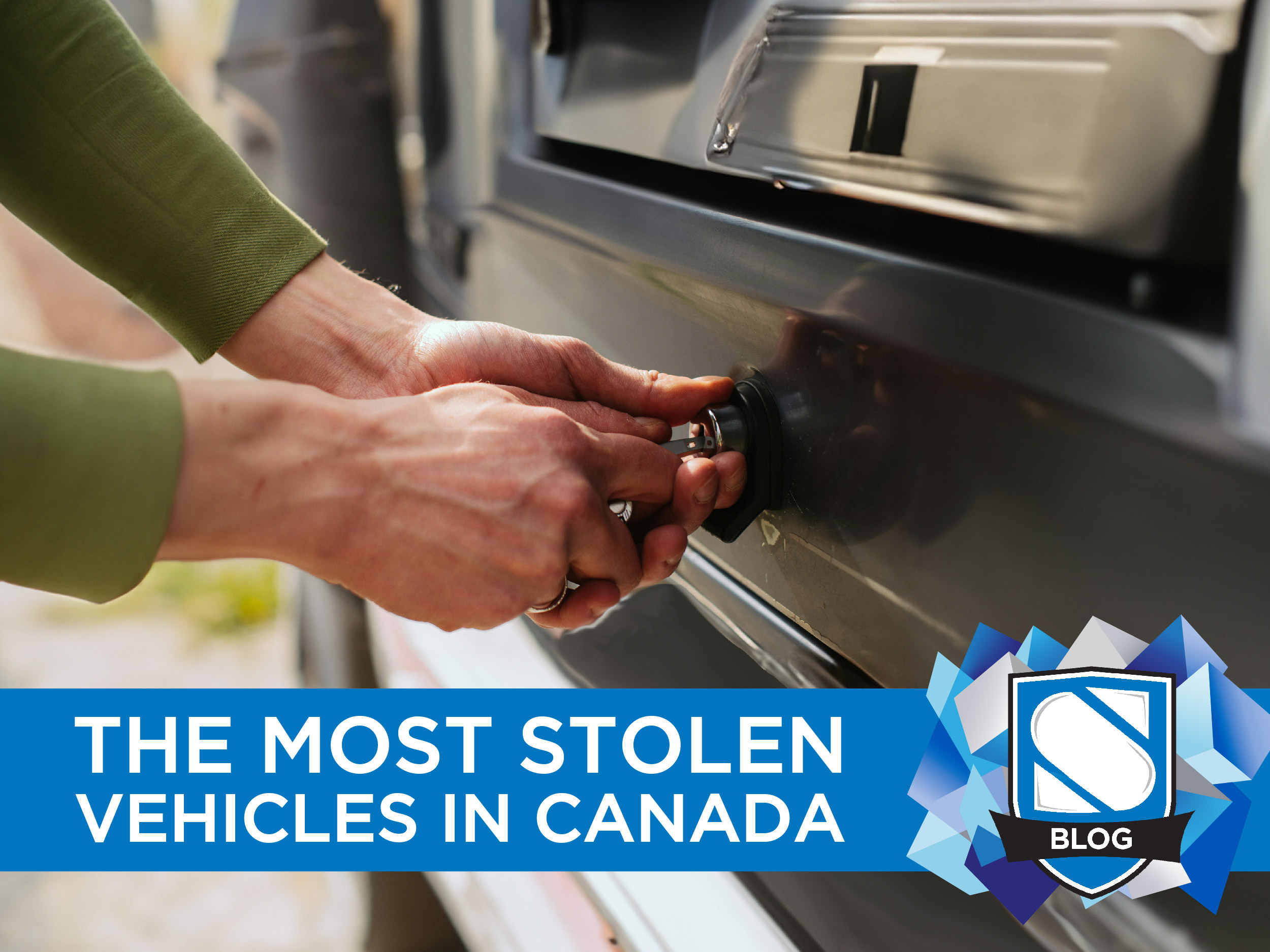
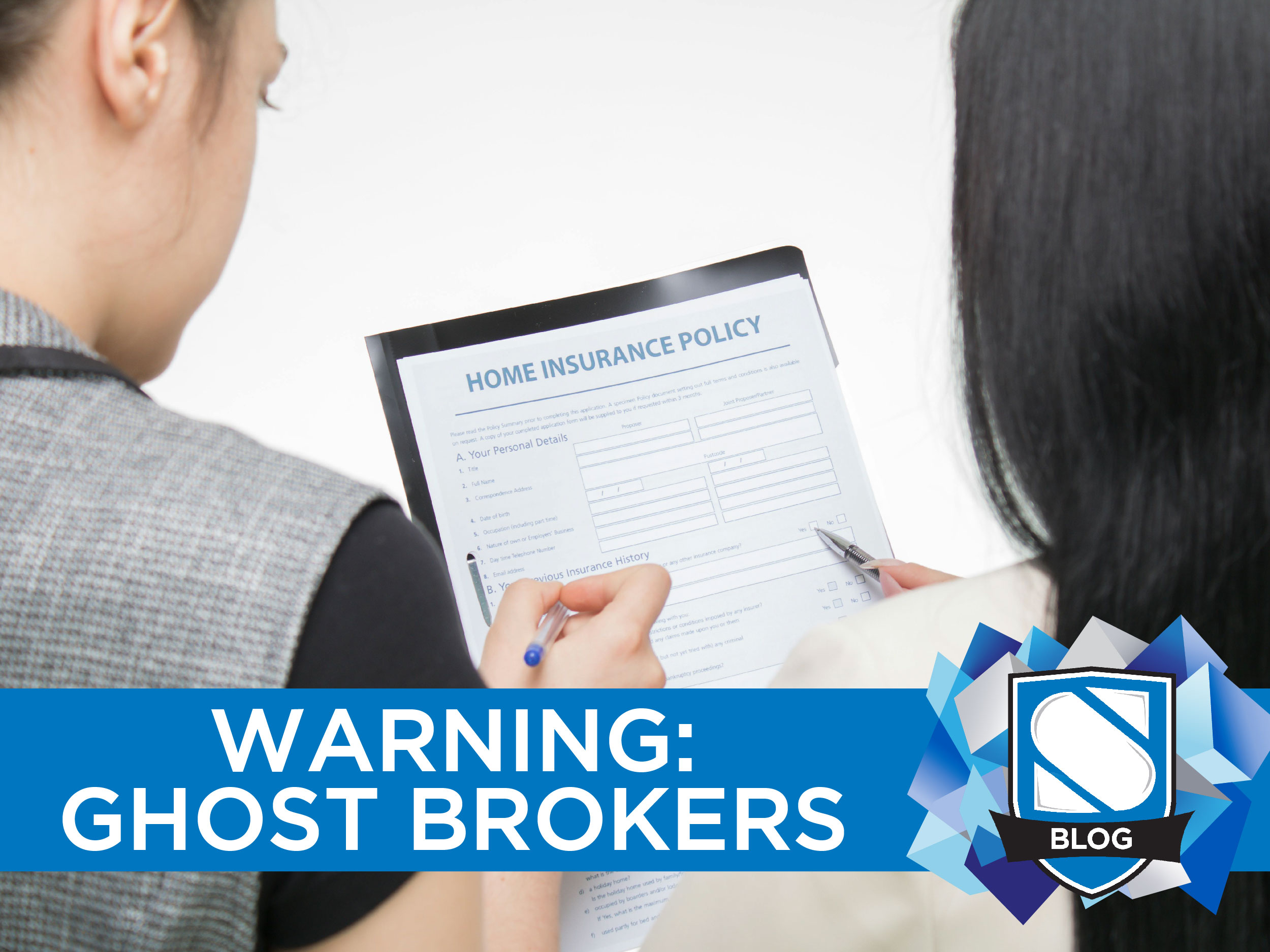
0 Comments